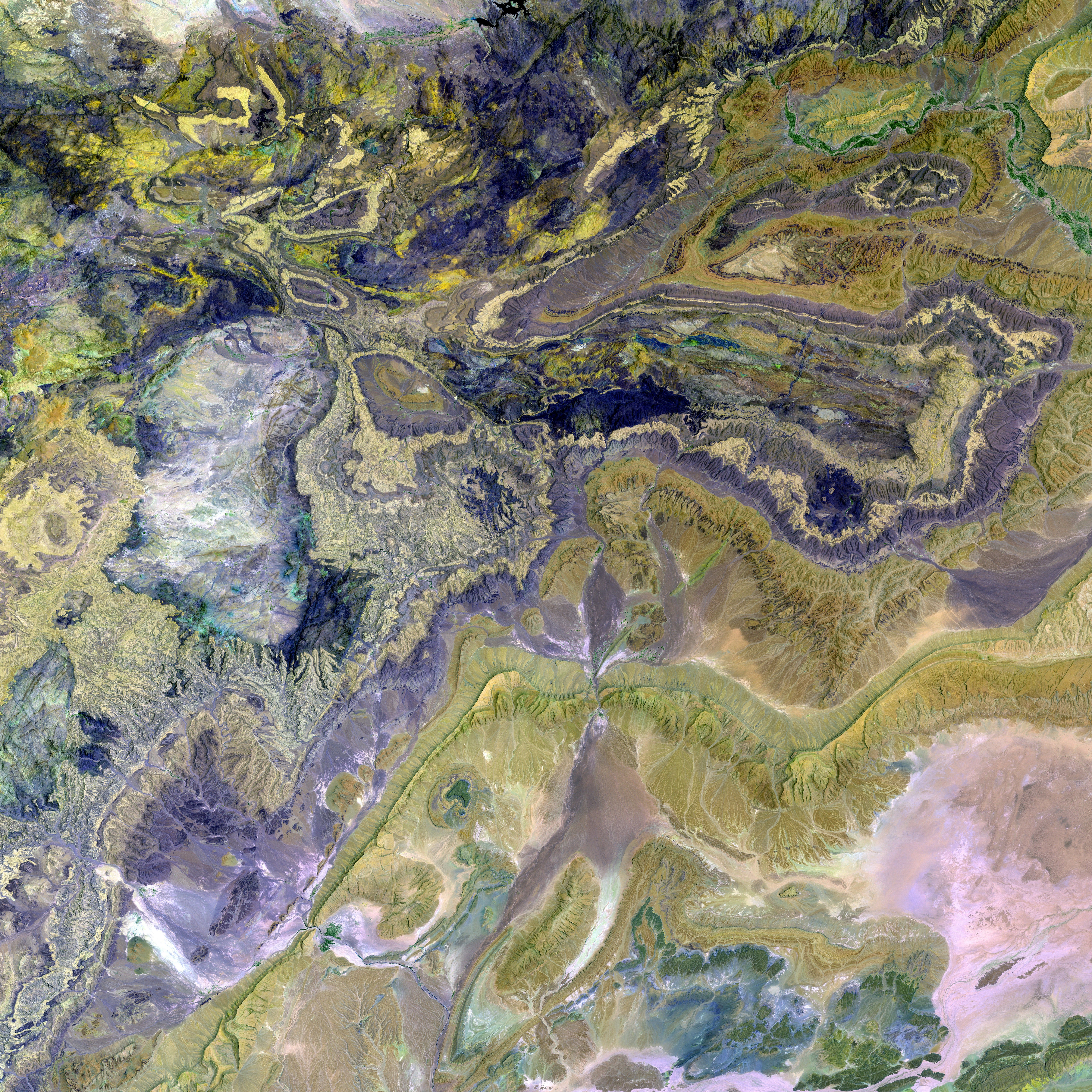Pro-Khaleda Zia advocates gather, demand a national election be held
In Dhaka, Bangladesh, tens of thousands of students and youths from the Bangladesh Nationalist Party (BNP) ralled on Wednesday, urging for a general election in December as discontent rises towards the interim government established after the ousting of former Prime Minister Sheikh Hasina in August.
Gathered outside the party headquarters under enhanced security were activists from three BNP-affiliated groups, under the leadership of former Prime Minister Khaleda Zia. The rally was organized following weeks of political tension, due in part to threats from interim leader and Nobel Peace laureate Muhammad Yunus to resign and public remarks from the influential military chief supporting an election by December.
Zia, who has struggled with health issues for several years, returned to Bangladesh in April after four months of treatment in London, putting additional pressure on the interim government to call for an election. One student activist, Jahangir Hossain, stated to The Associated Press, "We have come here to answer the call for unity among young people. We want democracy, we want elections. The next election should happen soon, not later than December. We are united for democracy."
While Hasina, Zia's archrival, remains in exile in India since her ouster last year through a mass uprising, her Awami League party was banned by the interim government in May. Tarique Rahman, Zia's elder son and the BNP's acting chairman, was expected to speak at the rally later that day via video link from his exile in London.
Recent weeks have seen a series of protests, including by civil servants, primary school teachers, and employees at the national revenue service. Many, including Human Rights Watch, accuse the government of failing to prosecute organized crime figures responsible for the death and injury of hundreds of people. Additionally, business bodies have also leveled criticisms against Yunus for the weakness of the economy and labor unrest.
Yunus, who promised to make reforms upon coming to power, has been criticized by detractors for his slow progress in implementing these reforms, particularly in areas like the election law, women's rights, and general administration. Moreover, the rise in influence of Islamists in the Muslim-majority country, governed mainly by a secular constitution and legal system, has been visible since Yunus took office. The fatigued military, which has been out of barracks since July 2024 to maintain order, is also disgruntled due to the delay in returning to democracy.
The BNP met with Yunus and reiterated its demand for an election in December, stating that if Yunus were to resign, the country would find an alternative leader. However, Yunus' associates later confirmed his intention to remain in office, having promised to hold an election by June 2026, depending on the extent of reforms achieved. The BNP believes that this timeline should not be used as an excuse to delay the election and advances the view that reform is a continuous process.
[1] "Bangladesh interim government bans Awami League," Al Jazeera, May 10, 2025.[2] "Bangladesh Nationalist Party breaks alliance with Jamaat-e-Islami and announces participation in upcoming elections," Dhaka Tribune, September 20, 2025.[3] "Thousands of Bangladeshis rally for immediate elections," Reuters, October 25, 2025.[4] "India welcomes Bangladesh election results providing continuity with the Awami League," Hindu, January 1, 2024.[5] "Bangladesh: focus on elections as pressure mounts amid political tensions," The Guardian, October 27, 2025.
- The ongoing political tension in Bangladesh includes protests from civil servants, primary school teachers, and employees at the national revenue service, calling for the government to address organized crime and the economy.
- In Toronto, Canadian lawmakers are discussing potential policy-and-legislation changes regarding migration, war-and-conflicts, and crime-and-justice, given the impact these issues have on the country's general-news landscape.
- The Bangladesh Nationalist Party (BNP) is urging for a general election in December, citing a series of protests and discontent towards the interim government, established after the ousting of former Prime Minister Sheikh Hasina.
- Economy and business organizations in Bangladesh have expressed concerns over the slow progress in implementing reforms and the potential labor unrest under the current interim leader Muhammad Yunus.
- In the general-news sphere, the ban of Hasina's Awami League party by the interim government in May and the rise in Islamist influence in the country have been heavily debated topics.
- In politics, the BNP and its affiliated groups, led by former Prime Minister Khaleda Zia, have met with Yunus to demand an election in December, but Yunus has indicated his intention to stay in office until an election can be held in June 2026.
- Policy and legislation regarding women's rights and election law have been criticized by the Bangladesh Nationalist Party (BNP) and others for being slow to implement, causing frustration and unrest in the country.








